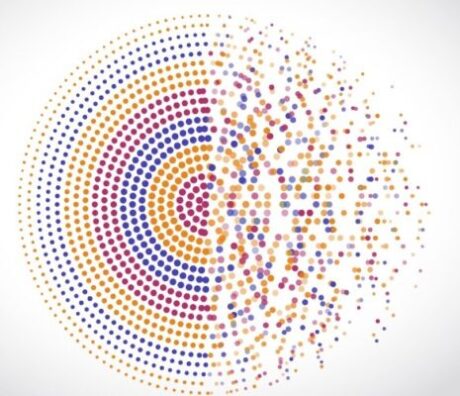- Course No E – 3037
- PDH Units: 3
No data found for Custom Course Number
No data found for Custom Course Units
- Course No E – 3037
- PDH Units: 3
Intended Audience: HVAC Engineers
PDH UNITS: 3
Artificial intelligence (AI) has been widely used in 20th century to find optimized solutions for real-time problems in different disciplines. Since buildings consume around 40% of direct energy consumption in United States based on United States Green Building Counsel (USGBC) reports, a review is done on the opportunities where AI, especially reinforcement learning, is utilized to reduce the energy consumption of the heating ventilation and air conditioning (HVAC) system used in building industry. This discussion starts with a review on the commonly AI algorithms used in the control sequences of HVAC systems. Since most (not all) of AI algorithms need information about the environment being studied, an additional review is done on the methods used to collect simulated information that represent the HVAC environment of new buildings and the methods used to obtain data for existing buildings. Next, the architectures of recent AI algorithms are further discussed, and the methodologies used to interface the AI algorithm with a building HVAC system model are explained for different case studies. Finally, real-time applications where AI is used as an assistive algorithm to enhance energy savings are reviewed and the gaps that prevent AI from being widely used as a stand-alone control system for HVAC systems are discussed.
Learning Objectives:
At the successful conclusion of this course, you will learn the following knowledge and skills:- Explain the role of Artificial Intelligence (AI) and reinforcement learning in optimizing HVAC system performance.
- Identify the commonly used AI algorithms in HVAC control and their application domains.
- Differentiate between methods of collecting simulated data for new buildings and real-time data for existing buildings.
- Describe the architectures and methodologies for interfacing AI algorithms with HVAC system models.
- Evaluate real-world applications of AI-enhanced HVAC control systems for energy savings.
- Analyze the challenges and research gaps preventing AI from becoming a fully autonomous control system in HVAC applications.
Once completed, your order and certificate of completion will be available in your profile when you’re logged in to the site.










